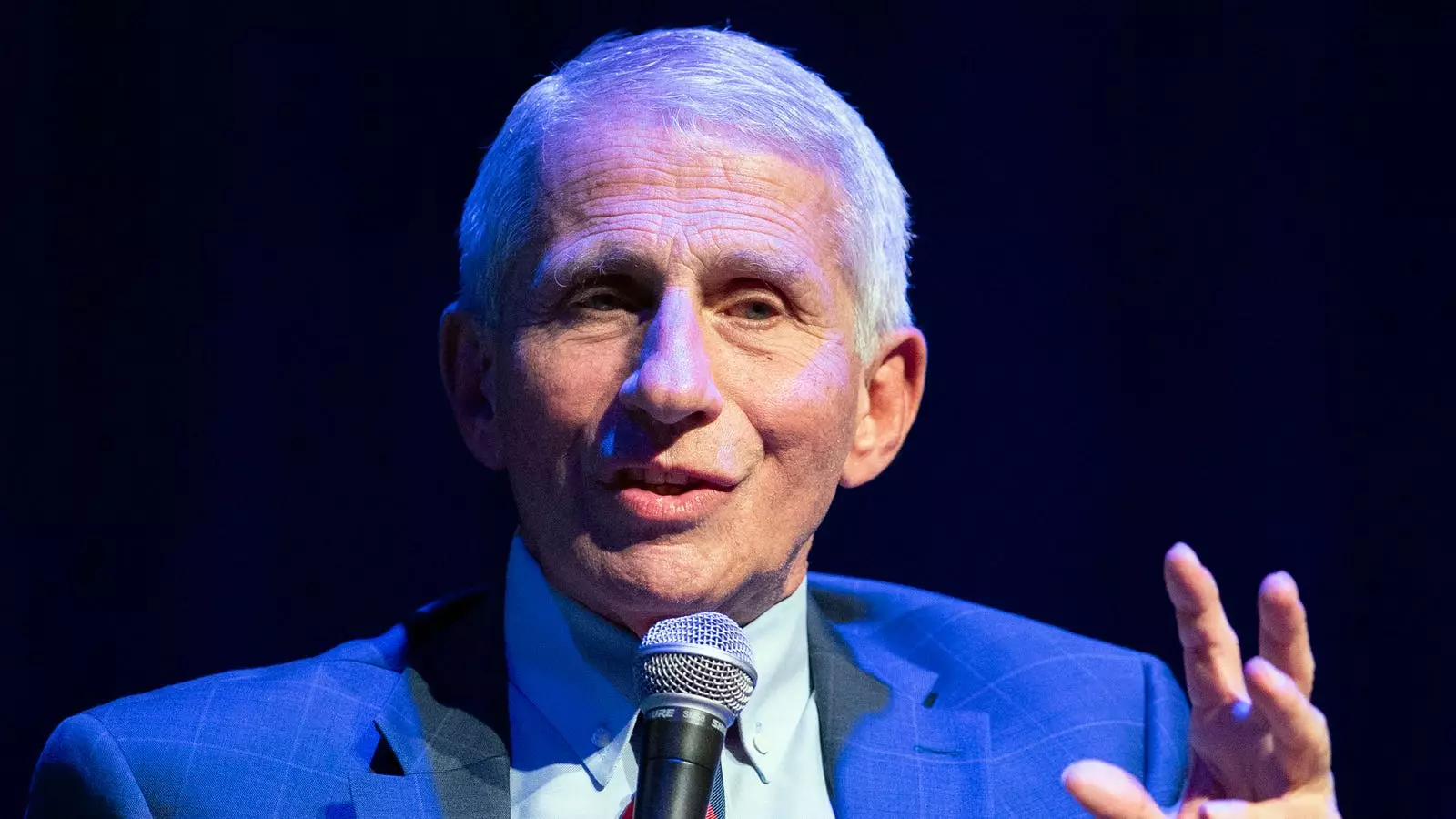West Nile virus (WNV) presents a significant public health challenge as it is primarily transmitted through infected mosquitoes. Originally identified in Uganda in 1937, the virus has since spread across various continents, infecting millions. While most individuals who contract WNV experience mild or no symptoms, about 20% can develop symptoms ranging from fever and body aches to serious neurological issues in rare cases. The most alarming statistic from the Centers for Disease Control and Prevention (CDC) indicates that one in 150 individuals may experience severe health complications, including encephalitis or meningitis, which can be life-threatening.
Dr. Anthony Fauci, a well-known figure in public health due to his extensive work as the former director of the National Institute of Allergy and Infectious Diseases (NIAID), recently had his own experience with the virus. Reports confirm that he was hospitalized due to a West Nile virus infection after reportedly being bitten by an infected mosquito while in his own backyard. Although Dr. Fauci has since been discharged and is on the road to recovery, the incident serves as a reminder of the unpredictable nature of such infections, even for those with extensive medical knowledge and experience.
Dr. Fauci’s hospitalization shed light on his comorbidity with public health roles; while he has been a trusted voice during the COVID-19 pandemic, his personal health incident prompts a necessary dialogue on the access, experience, and information surrounding vector-borne diseases.
Despite the non-fatal disposition of most WNV cases, the recent increase in infections serves as a catalyst for research and public awareness initiatives. With no vaccine currently available and no specific antiviral treatments for WNV, individuals need effective preventive measures against mosquito bites. The CDC’s advice remains clear: use insect repellent, wear long-sleeved clothing, and remove standing water around living spaces.
Moreover, Dr. Fauci representing public health during the pandemic placed him under extraordinary scrutiny, highlighting the critical balance between public trust and scientific uncertainty. As he steps into the role of a distinguished professor at Georgetown University, there’s an opportunity for him to elevate the discourse surrounding infectious diseases and preventive healthcare measures, particularly during a time when communicable diseases are increasingly intractable in public discussions.
The Road to Recovery and Reflection
As Dr. Fauci recuperates at home, this episode not only reinforces the necessity of public health vigilance but also evokes a deeper reflection on personal health in the midst of commitment to community welfare. The intersection of public figures and their health crises invariably creates a spotlight on underlying issues within the healthcare system, including funding for research and awareness campaigns against diseases like West Nile virus.
By turning a personal health battle into a broader conversation surrounding infectious diseases, Dr. Fauci’s recent experience can ultimately serve as a rallying point for heightened awareness, increased funding for disease prevention, and a re-examination of the current public health infrastructure to better prepare for and respond to future health challenges. As the nation continues to grapple with public health concerns, narratives like his remind us of the persistent risks posed by infectious diseases and the importance of ongoing education and prevention strategies.


Leave a Reply